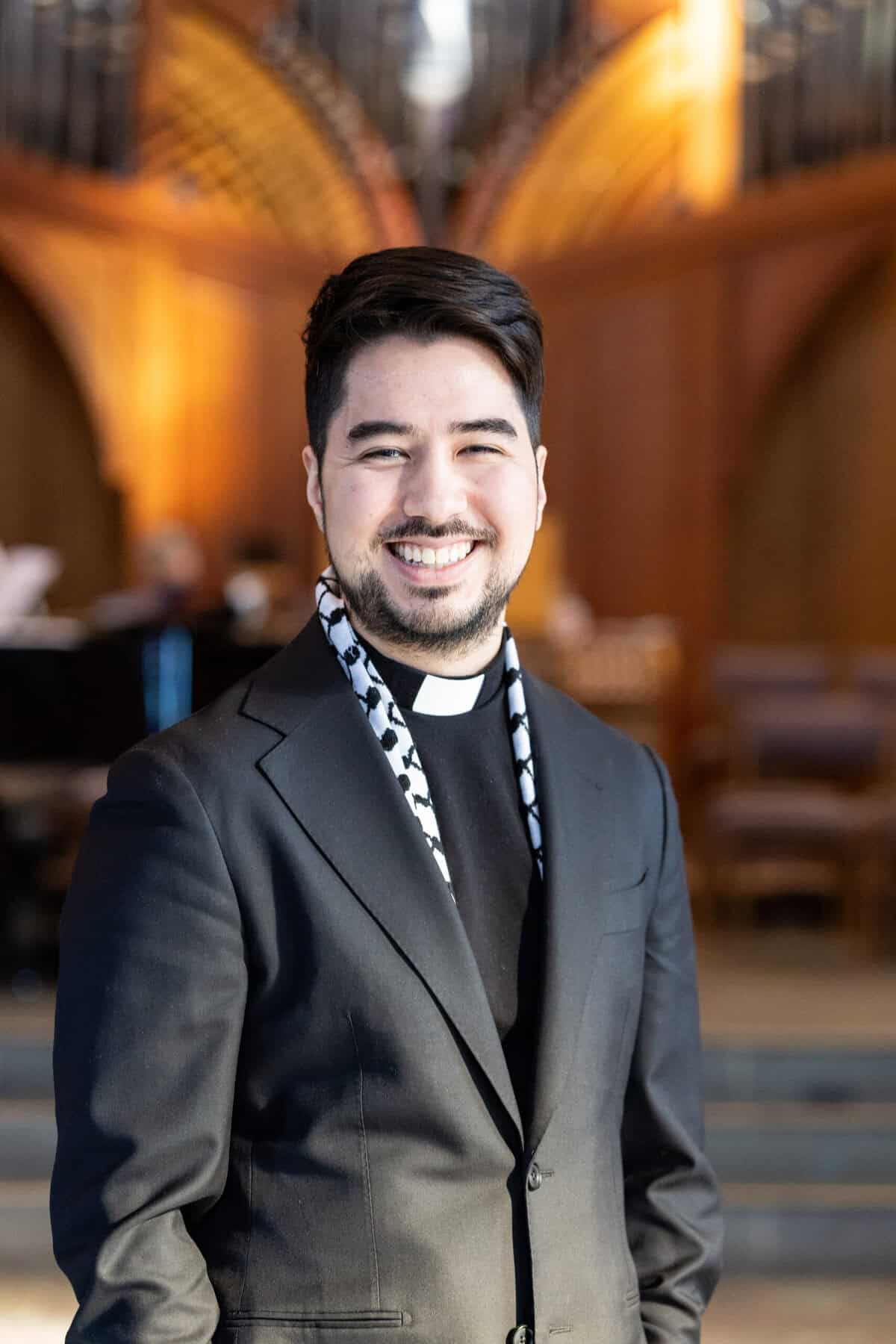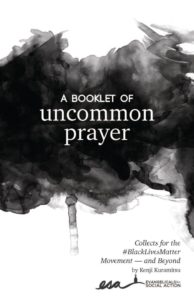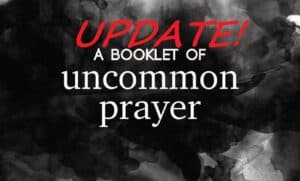“As surely as sparks fly upwards, so too are human beings born to trouble.” —Job 5:7
Our short sojourn on this side of eternity is inevitably marked by pain and loss. Yet, as the wisdom literature of Scripture reminds us, we human beings have a habit of making things worse. This rings true in both personal and political spheres. Too often we fan the flames of hatred and fear, and in the engine of war, we kindle blazes that draw more death into the world.
The Ghosts of War and the Weight of Memory
I recently reread my late grandfather’s memoir detailing his time as an infantryman in the Second World War. At just 17, he bled, shot, and staggered across Europe’s foxholes and hedgerows, beachheads and bridges. His account alternates between the macabre and the banal—fragmented memories familiar to many witnesses of war.
In one passage, he describes watching columns of acrid smoke rise over the French countryside, thinking of Sherman’s March to the Sea. Nearby, rusted barbed wire still scarred the soil from the trenches of the “war to end all wars.” His mind drifted to stories of his own great-grandfather, a conscript in the Iron Chancellor’s army, who had fought and escaped captivity in that same city 75 years earlier.
Decades after peace was declared, British officer Wilfred Bion refused to revisit the crossroads where he was nearly killed—his friend beside him did not survive. “I died there,” Bion confessed. The echoes of violence defy linear time. War leaves its trace like shrapnel in the psyches, bodies, and cultures of all who come into contact with it.
Reading my grandfather’s story 80 years later, I couldn’t help but think of the blood still being spilled in Gaza, Ukraine, Sudan—and even here in the United States by agents of state violence. The sword devours, and devours again, and it becomes hard to tell where the blood is flowing from.
The Bible’s Haunting Question
In 2 Samuel, Israel is in a brutal civil war that has turned brother against brother. In the midst of the bloodshed, General Abner pleads with his rival Joab to stop the violence:
“Must the sword devour forever? Don’t you know this will only end in bitterness?” —2 Samuel 2:26
It’s a startling exchange that ends in a brief ceasefire. Swords are lowered. Doors stop breaking off their hinges. The breath of the common folk is drawn more easily.
But the peace doesn’t last. Old hatreds reignite. The death spiral continues—as surely as sparks fly upward.
What, Then, Must We Do?
What is the ethical responsibility of Christians in a world like this?
As Paul once said of the gifts of the Spirit, there are many possibilities: advocacy, accompaniment, disruption, sanctuary. Not one faithful response, but legion. What can we do? One answer is simply: more. In the face of such reckless hate, we must do more.
I first encountered Abner’s question in Seth Anziska’s haunting essay of the same name in Jewish Currents, where he warns against supporting states addicted to retaliation—projects doomed to repeat past violence under the illusion of security. And while the phrase “cycle of violence” can sometimes obscure power dynamics, there’s truth in Ghassan Kanafani’s warning: There is no real conversation between the sword and the neck.
So if “cycle” feels too soft, let us imagine a wheel—a wheel that must be stopped. Bonhoeffer put it plainly: The church’s task is not just to bandage the victims under the wheel but to jam a spoke in it.
The church has too often mistaken domination for destiny, and insisted that there are no tools left but the weapon. But there is nothing sacred about forever war. It is not fate—it is failure. A failure of imagination. A failure of faith. A failure to believe we are capable of choosing something better.
The question still haunts us, through screams and smoke and sorrow: Must the sword devour forever?
Only if we let it.

The Rev. Kenji Kuramitsu (he/him) is a writer, Episcopal priest, and clinical social worker based in Chicago. He serves as Associate Dean for Community Life at the University of Chicago’s Rockefeller Memorial Chapel. Kenji is the author of A Booklet of Uncommon Prayer, published by Christians for Social Action, and his work has appeared in Sojourners, Inheritance, and Asian American Writers’ Workshop. He maintains a small psychotherapy practice and supports spiritual and mental health care in clinical, campus, and movement settings.


